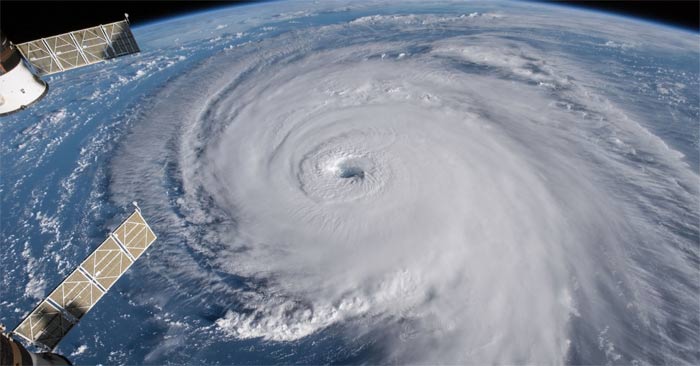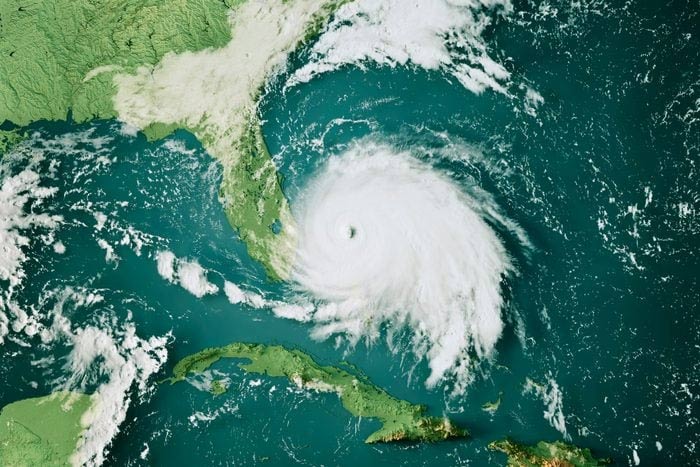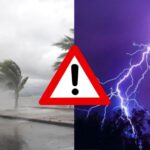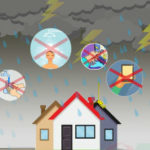Don’t wait until the storm hits to prepare. Here’s how to gear up for the next hurricane—essential tips everyone should know.

Essential Steps to Prepare for a Hurricane
What to Do Before the Storm Arrives
Natural disasters can strike anywhere, but hurricanes are particularly devastating. Unless you’ve evacuated, you could be confined indoors for days while the storm rages outside. And that’s before assessing the damage or beginning repairs. Proper hurricane preparation can mean the difference between minor wind damage and major destruction, not to mention ensuring safety and survival.
The best time to prepare for a hurricane is before it’s on your doorstep. By planning ahead, you can assess your household’s needs and decide whether to stay or go.

Assess Your Risk
Storm surges can cause widespread flooding and devastation, often considered the most dangerous aspect of a tropical system. However, even those not in coastal areas should prepare. Rain and flooding can extend hundreds of miles inland, and tornadoes are also a threat.
Curious about your area’s hurricane history? NOAA’s Historical Hurricane Tracker lets anyone see where storms have made landfall globally since tracking began. For current storm tracking, visit NOAA’s National Hurricane Center.
Download Emergency Apps
Hurricane preparation isn’t complete without a communication strategy. Ensure you have multiple ways to receive alerts and updates for your community, including weather warnings, emergency notifications like evacuation orders, and general information such as shelter locations. It’s also crucial to know how local authorities communicate.
Plan Your Evacuation
Create an evacuation plan now so you’re ready when a storm approaches. Calm days are the best time to plan, as you’re thinking rationally and less likely to make rushed decisions. Don’t wait until conditions become dangerous.
Identify the nearest shelters and multiple routes to reach them. Call ahead to confirm availability at shelters or hotels. Be prepared for potential road closures or detours.
Understand Your Home Insurance
Don’t wait until disaster strikes to understand your home insurance coverage. Policies can be complex, and you may be surprised by what’s excluded. For example, most policies cover wind damage but not flooding.
Review your policy now to avoid surprises. Ensure you have adequate coverage not only to rebuild but also to replace belongings. Contact your agent before hurricane season to discuss additional coverage if needed.

Prepare an Emergency Kit
Having an emergency kit at home or a go-bag is essential, regardless of where you live, but it’s critical for hurricane preparedness.
You can purchase pre-made kits or assemble your own. Essentials include clean drinking water, sanitation supplies, non-perishable food for several days, flashlights, a first-aid kit, a weather radio, and more. Don’t forget extra batteries.
Pack essential medications and cash, along with waterproof copies of important documents like insurance policies. Keep your kit accessible and ready to go at a moment’s notice.
































